The impersonator — Rory Bremner, Steve Coogan — speaks, in different voices, to a single primitive pleasure centre in his audience. Counterintuitively, we like the imposition of imposture. We connive at deceit, at replication, for the release of neurotransmitters, the flood of endorphins — the brandies of the brain. I once heard Peter Ustinov on a chat show replicate the sound of an electric bell being pressed. Pleasure on a different, even more vertiginous level. The audience was convulsed.
Unless a poet can produce this ungainsayable instant delight in the reader, this drench of dopamine, the poetry is automatically of the second order. (We expect less of our novelists, though great prose writers, such as Joyce or Dickens or Kipling, can also do it at will: Major Bagstock has a ‘complexion like a Stilton cheese, and… eyes like a prawn’s’; Mrs Podsnap has ‘nostrils like a rocking-horse’; Kipling gives us ‘the sticky pull of… slow-rending oilskin’; Joyce has the iron rim of a wheel ‘harshing’ against the kerbstone.) Effortlessly, Seamus Heaney gives us ‘The song of the tubular steel gate in the dark/As he pulls it to.’ As Bloom says in Ulysses, ‘Everything speaks in its own way. Sllt.’ Sllt is the noise made by a paper-slitting machine.
Heaney’s genius is an amalgam of moral complexity and the simple make-over of reality to his readers. He can describe things. He can describe things in a phrase, spray them with fixative — if not Ustinov’s ringing of a bell, then the sound a football makes when kicked — ‘it thumped/but it sang too,/a kind of dry, ringing/foreclosure of sound.’ Remember?
These lines are not included in New Selected Poems 1988–2013, but ‘A rowan like a lipsticked girl’ is, with its ready pleasure, its obvious likeness, like one of those Picasso miracles of simplification made from a few fluent lines. Description, if it is to be successful, can’t be a wordy wrangle, arguing for its accuracy and sounding increasingly desperate. It should be as swift as turning over a card — an ace. Poets have to avoid an infinity of shuffling, cutting, shuffling and dealing. This ability is fundamental. In the words of Matthew Arnold’s Culture and Anarchy, Porro unum est necessarium: ‘but one thing is needful.’ Not the only necessary gift, of course — an ear, a feel for syllables and rhythm, for verbal music, are further requirements — but without it, poetry is likely to be an endless marathon of ambiguity, a joyless game of patience for adepts. The Cambridge School of Poetry, in fact, turning its back on pleasure, snubbing the audience, withholding the endorphins, proffering perpetual difficulty, disparaging ‘descriptive decadence’.
The pleasures of the flesh aren’t always sensual. They can be pleasurable because they are accurate and irrefutable. This is Heaney helping his father to the bathroom in the last week of his life: ‘my right arm/Taking the webby weight of his underarm.’ And this is the young, yearning, lovesick Heaney mesmerised by an older woman: ‘I could see the vaccination mark/stretched on your upper arm.’ Heaney’s rapt astonishment is transferred to a slow goods train ‘full of big-eyed cattle’.
Ted Hughes thought of poetry as a less literal way of capturing the animals that fascinated him as a boy. Heaney records things as they come, democratically, unaware of hierarchy: the bevel left in his hair by a policeman’s hat; ‘Yippee-i-ay,/Sang “The Riders of the Range”’; ‘Slim Whitman’s wavering tenor amplified/Above sparking dodgems’. In ‘Seeing Things’, there is ‘a boat that dipped and shilly-shallied’ when people stepped into it; in ‘Weighing In’, a weighbridge ‘well-adjusted, freshly greased’ on which ‘everything trembled, flowed with give and take’. Both bang on target, like Heaney’s target: ‘the bullet’s song/So effortlessly at my fingertip,/The target’s single shocking little jerk.’ Heaney can even manage a central-heating boiler: ‘Now the oil-fired heating boiler comes to life/Abruptly, drowsily, like the timed collapse/Of a sawn-down tree…’ Captured and captivating. Somehow, you can’t imagine Matthew Arnold admitting this disreputable fact into ‘Dover Beach’.
Poetry is exclusive, naturally self-culling, fastidious, over-fastidious. One of Heaney’s ‘Settings’ in Seeing Things begins with Yeats’s lofty remark that ‘To those who see spirits, human skin/For a long time afterwards appears most coarse.’ Heaney then describes a bus with one other passenger — a boy bound for Vietnam: ‘He could have been one of the newly dead come back,/ Unsurprisable but still disappointed,/Having to bear his farmboy self again,/His shaving cuts, his otherworldly brow.’ A drab but powerful pathos. The wordplay here — on ‘otherworldly’ meaning innocent, naïve and also from the spirit world — is as swift, as economical, as telling as the shaving cuts and their outrun risk of bathos.
The Spirit Level (1996) followed on the Anglo-Irish Agreement of 1994 and many of its poems welcome peace — if obliquely and a little warily. For example, ‘Damson’ is a benign version of the Red Hand of Ulster: in the legend, a shipboard king cuts off his hand and throws it ahead of a rival claimant about to reach land before him. In Heaney’s poem, the bricklayer is ‘not like him — /Builder, not sacker, your shield the mortar board.’ A version of swords into ploughshares.
But in ‘Mycenae Lookout’, a poem in five parts, Heaney writes of the return of Agamemnon from Troy — to be murdered by his wife Clytemnestra and her lover Aegisthus, for complicated reasons. Clytemnestra is revenging her daughter Iphigenia, whom Agamemnon has sacrificed to procure favourable winds for the Greek fleet. He is called ‘King Kill-/the-Child-/and-Take-//What-Comes’ — in the chopped-up section of triplets about Cassandra, the daughter of King Priam, who is brought back in triumph as a captive.
Cassandra will die too. She is a key figure — prophetic and terribly damaged, less a Trojan princess than a comfort woman. ‘She looked/camp-fucked//and simple.’ The language is unsparing. When she prophesies, the ugliest emotions are stirred in the hearers: they want ‘to do it to her//there and then./Little rent/cunt of their guilt.’ The whole, brilliant, flinty, unforgiving, unforgetting sequence looks at the peace after the Greek victory at Troy. The bystanders still hate the Trojan princess and want to rape her. They already have. Clytemnestra’s main motive for doing away with her husband isn’t simply righteous vengeance. It is sexual. Thunder is caused by the gods making out noisily. When Agamemnon’s troops first disembark at Troy with war cries, they are compared to ‘the agony of Clytemnestra’s love-shout’ as she reaches her orgasm. Agony! There is a zeugma here that equates violence and sex, as if both were immovably rooted in us.
As perhaps they are. ‘Small crowds of people watching as a man/Jumped a fresh earth-wall and another ran/Amorously, it seemed, to strike him down’ (my italics).
The key figure of the Lookout cannot exculpate himself either. He knows he should have told Agamemnon about the sexual shenanigans during his absence, but somehow he didn’t: ‘all smiles/to Aegisthus every morning,/much favoured and self-loathing.’ He knows he is a trimmer. He has to accept his guilt: ‘But when the hills broke into flame [the beacons announcing victory in Troy]/and the queen wailed on and came,/it was the king I sold.’ I think Heaney includes himself — the poet as watchman — in the statement, ‘I moved beyond bad faith’.
When I was Heaney’s editor at Faber, I would sometimes phone him at home. Because of the political pressures on him —‘when, for fuck’s sake, are you going to write/Something for us?’ — his voice was always subdued at first before he knew who was calling. I once said as much. ‘Aye,’ he said, ‘erecting screens around the voice.’ The Greek story here is another screen, but you can see through it to all the silt of bitterness, the resentments, the complications, that come with experience of the Troubles. Heaney isn’t one of the ‘mouth athletes’ with their trite certainties, one of Kundera’s ‘moral exhibitionists’:
Mouth athletes,
Quoting the oracle and quoting dates,
Petitioning, accusing, taking votes.
Hear the disdain here for the righteous, the politically certain, the morally overbearing. It is no accident that when Heaney first began to write, he signed himself Incertus. It expresses an existential truth about his moral configuration, his helpless, deliberate and conscious commitment to awkward complication.
There are wonderful poems in these two carefully representative volumes. Nothing Heaney wrote was without some touch. But a single Selected Poems of 250 pages, half their combined length, could be a sustained astonishment — just as the unsurpassed North (1975) remains Heaney’s one consistent, continuous miracle.
Got something to add? Join the discussion and comment below.
Get 10 issues for just $10
Subscribe to The Spectator Australia today for the next 10 magazine issues, plus full online access, for just $10.
'New Selected Poems: 1966–1987', £16.99 and 'New Selected Poems:
1988–2013', £16.99 are available from the Spectator Bookshop. Tel: 08430 600033
You might disagree with half of it, but you’ll enjoy reading all of it. Try your first month for free, then just $2 a week for the remainder of your first year.

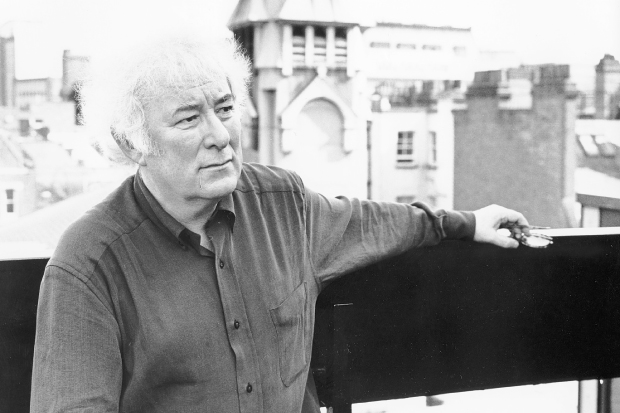

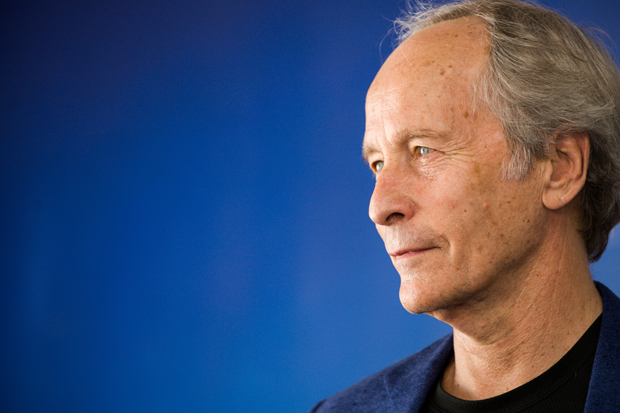
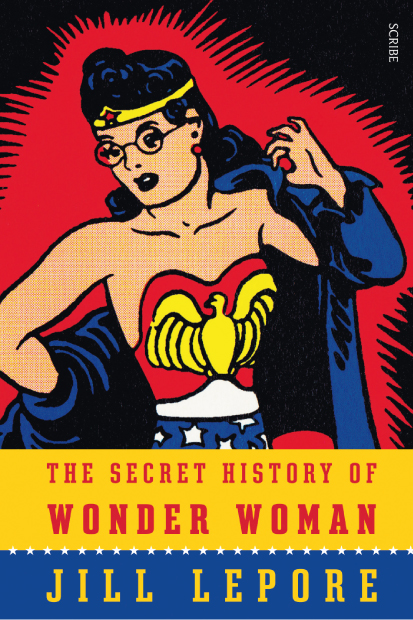
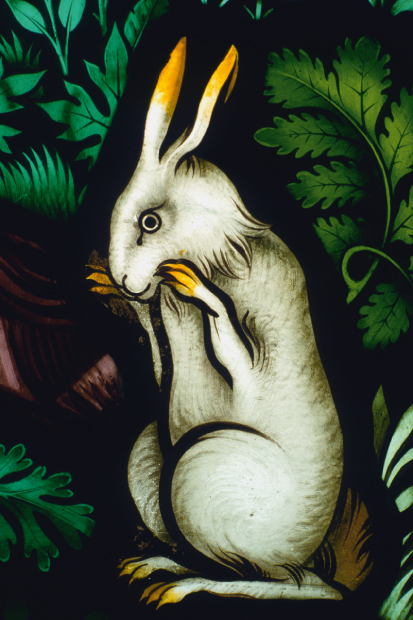
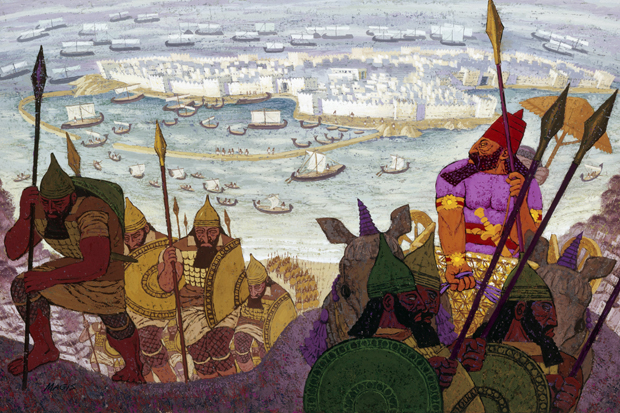
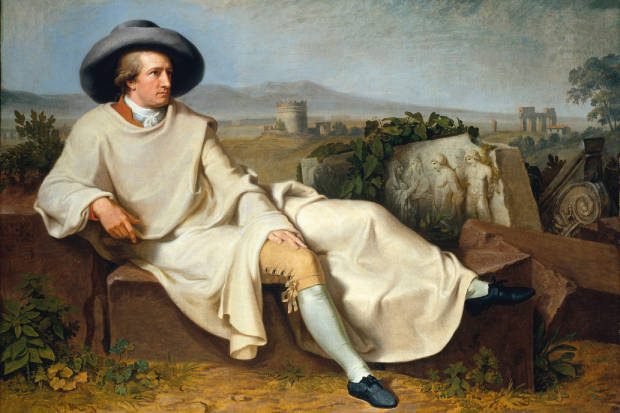






Comments
Don't miss out
Join the conversation with other Spectator Australia readers. Subscribe to leave a comment.
SUBSCRIBEAlready a subscriber? Log in